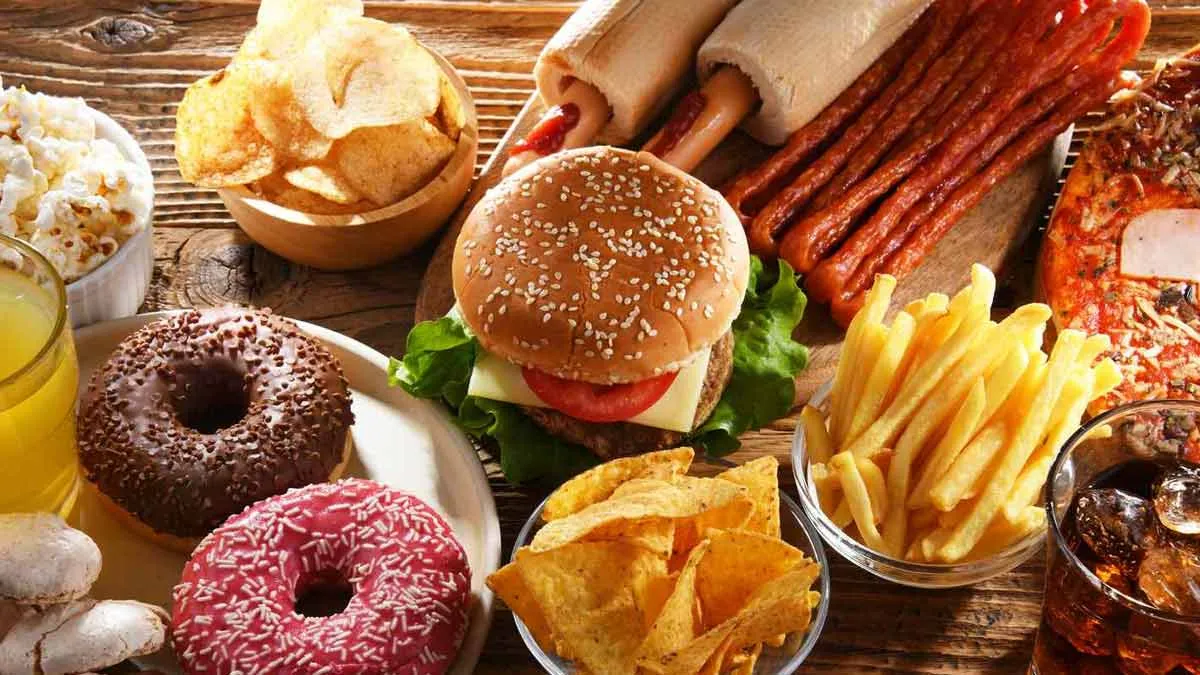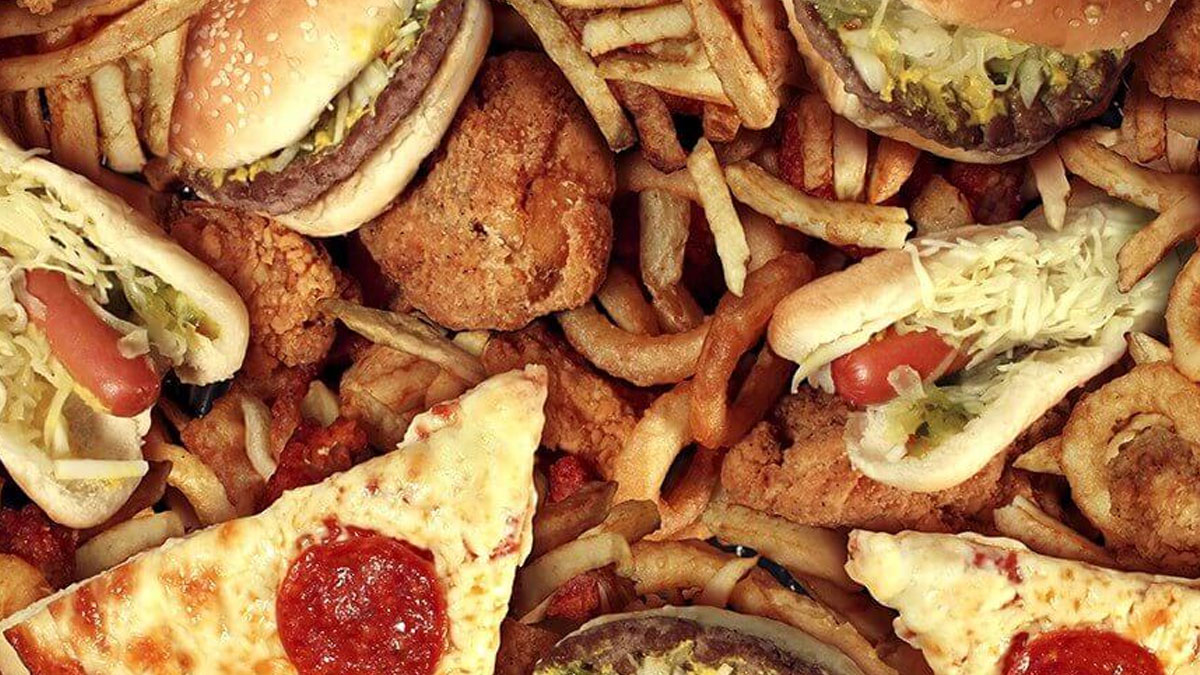
Ageing is an inevitable part of life, but not everyone ages at the same pace. While chronological age reflects the number of years a person has lived, biological age indicates how the body is actually ageing at a cellular level. A recent study has revealed that an unhealthy diet may accelerate biological ageing—even in young adults—raising concerns about the long-term impact of poor nutrition.
Table of Content:-
What Is Biological Ageing?
Biological ageing refers to the body's physiological wear and tear, which may occur faster or slower than chronological ageing. Some individuals may experience early signs of ageing due to various factors, including diet, lifestyle, and genetics. Scientists measure biological ageing using epigenetic clocks, which analyze changes in DNA methylation—chemical modifications that influence gene activity.

The Link Between Diet and ageing: Key Findings
Researchers from the University of Jyväskylä and the Gerontology Research Center conducted a study to investigate whether diet affects biological ageing in young adults. The study examined twin pairs between the ages of 20 and 25, making it one of the first studies to explore ageing in early adulthood.
Also Read: Bird Flu Alert: Maharashtra Village and Nearby Areas Declared High-Risk Zone To Combat Spread
Unhealthy Eating Habits Linked to Faster Ageing
The study found that individuals consuming a diet low in vegetables and fruits but high in red meat, fast food, and sugar-sweetened beverages exhibited accelerated biological ageing. This means their bodies aged faster at a cellular level compared to their chronological age.

Conversely, participants who followed a nutrient-rich diet—which included more vegetables and fruits and lower consumption of processed foods—showed slower biological ageing. This suggests that food choices play a crucial role in determining how fast or slow the body ages.
Also Read: PM Modi Sounds Alarm On India’s Rising Obesity Crisis—Calls For Urgent Action
Genetic Influence on Diet and ageing
Since the study was conducted on twins, researchers were able to assess whether genetics played a role in the relationship between diet and biological ageing. The findings suggested that shared genetic factors, rather than a common childhood environment, influenced how diet impacted ageing. However, the researchers emphasized that a healthy diet benefits everyone, regardless of genetic predisposition.
Why Is This Study Important?
This research sheds light on the long-term consequences of poor nutrition, even for young adults who may not yet experience visible signs of ageing. Often, the effects of an unhealthy diet go unnoticed in early adulthood, but they could contribute to age-related diseases such as:
- Heart disease
- Diabetes
- Hypertension
- Cognitive decline
By making healthier dietary choices early in life, individuals can potentially delay the onset of age-related health issues and improve overall well-being.

How to Slow Down Biological Ageing Through Diet
Experts recommend adopting a balanced diet to promote healthy ageing. Here are some key dietary changes that can help:
- Increase intake of fruits and vegetables – Rich in antioxidants, they combat oxidative stress and slow ageing.
- Choose lean protein sources – Opt for fish, beans, and poultry instead of red and processed meats.
- Cut down on processed foods – Avoid packaged snacks, fast food, and sugary beverages.
- Stay hydrated – Drinking enough water supports cellular functions and reduces inflammation.
- Incorporate healthy fats – Foods like nuts, seeds, and olive oil provide essential nutrients for cell regeneration.
Bottomline
The findings of this study reinforce the importance of a balanced diet in maintaining long-term health and slowing down biological ageing. While genetics play a role, lifestyle choices—especially dietary habits—can significantly impact how quickly the body ages. Young adults must take proactive steps toward healthier eating to ensure better health outcomes in the future.
By making smarter food choices today, individuals can enhance their longevity and reduce the risk of premature ageing.
Also watch this video
Read Next
International Women's Day 2025: Health Conditions That Are Missed or Misdiagnosed Most In Women
How we keep this article up to date:
We work with experts and keep a close eye on the latest in health and wellness. Whenever there is a new research or helpful information, we update our articles with accurate and useful advice.
Current Version
